Health
Treatment of Bleeding in Patients with Liver Disease
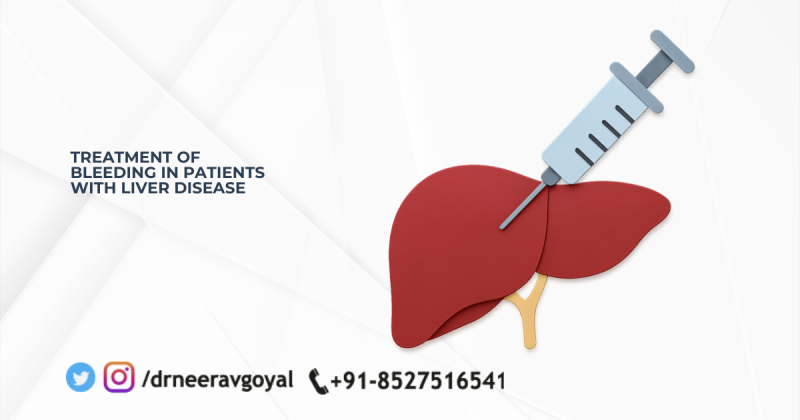
Introduction
Have you ever wondered why people with liver disease often face the serious risk of bleeding? Imagine the liver as a filter and a factory combined. It processes toxins, makes essential proteins for blood clotting, and manages various vital functions. But when the liver is damaged, this complex system starts to fail, leading to unexpected problems like severe bleeding.
In this article, we’ll break down the causes, symptoms, and practical treatments for bleeding in liver disease, using simple language so everyone can understand. Plus, we’ll highlight when a liver transplant surgeon in India might become part of the solution.
1. What Is Liver Disease?
It is the liver's powerful organ that filtration blood, creates essential proteins and assists in helping to regulate energy and digestion. Liver diseases occur when the organ becomes damaged over time as a result of circumstances such as alcohol abuse, hepatitis or the fatty liver illness. Imagine it as a factory that is slowly disintegrating - fewer employees or machines that are broken, and lower output.
2. Why Does Liver Disease Cause Bleeding?
Have you ever tried to fix a leaky pipe using less tools? This is similar to what happens when you suffer from liver disease. It produces factors that coagulate which are proteins that aid in stop bleeding. If your liver has been damaged this protein is reduced in quantity which makes it more difficult the body's ability to manage bleeding, even in the case of minor injuries.
Additionally, a damaged liver can lead in portal hypertension which increases blood pressure within the vein which carries fluid from the stomach and into the liver. The result is that blood vessels become fragile that are particularly vulnerable in the stomach and esophagus which could burst and cause severe bleeding.
3. Common Signs of Bleeding in Liver Disease
You may be thinking, "How do I know if bleeding is happening?" There are several clear indicators to look out for:
- Vomiting blood (hematemesis)
- Black or tarry stool (melena)
- Unexplained bruises
- Nosebleeds
- Feeling faint or dizzy
In the event that any one of them should events occur you must seek medical attention immediately.
4. Types of Bleeding in Liver Disease
The majority of bleeding in liver diseases can be classified into two types:
- Internal bleeding such as varices in the stomach or esophagus and can be life-threatening.
- External bleeding minor nosebleeds or cuts that aren't able to stop quickly.
Knowing the kind of patient helps doctors choose the appropriate treatment.
5. How Is Bleeding Diagnosed?
If you see your doctor, they'll employ basic but efficient tools like:
- Tests of blood to determine the levels of clotting factor.
- Endoscopy - A small tube equipped with a camera is inserted through both the stomach and into esophagus, to detect bleeding spots.
- Ultrasounds or CT scans for a better understanding of any liver damage and identify unusual blood vessel.
These tests aid in to determine the source and extent of bleeding.
6. Initial Emergency Treatment Options
In the case of a sudden bleeding crisis the primary goal is stabilize the person:
- IV Fluids to control blood pressure.
- Oxygen therapy in the event that the oxygen level is low.
- Treatments such as vasopressors, which make blood vessels more tense and less bleeding.
This is the equivalent medical procedure of extinguishing a flame prior to making a determination of the extent of damage.
7. Medications Used to Control Bleeding
Many drugs play a crucial part in preventing bleeding in patients suffering from liver disease:
- Vasopressin and Terlipressin They decrease blood flow to varices.
- Octreotide Lowers pressure at the portal and decreases risk of bleeding.
- Proton Pump Inhibitors (PPIs): Reduce acidity of the stomach and reduce ulcers.
Be aware that these drugs are to be used under medical supervision.
8. The Role of Blood Transfusions
If the loss of blood is substantial Transfusions become essential to:
- Restore blood volume lost
- Provide fresh frozen plasma rich in clotting factors
- Provide platelets when the platelet count is too low
This aids in stabilizing the patient and allows in which other treatment options can take effect.
9. Endoscopic Treatments for Bleeding
Endoscopy doesn't only serve to diagnose it also helps help treat bleeding in a direct way:
- Band Ligation tiny rubber bands are placed on the varices to block blood flow.
- Sclerotherapy A specific solution is injected into varices in order to reduce their size.
This is similar to plugging an unusable pipe through the interior.
10. When is Surgery Needed?
Surgery is typically the last option, but it could be needed in certain situations like:
- Shunt procedures The procedure creates alternative pathways for blood, which reduce pressure in the portal.
- Liver Transplant In the event that the liver is damaged to function properly and bleeding recurs.
The services of a specialist in liver transplant surgery from India could be lifesaving in crucial situations, providing skilled surgical assistance to patients in need.
11. Importance of Lifestyle Changes
The medication alone isn't enough. Patients must:
- Do not drink alcohol at all The alcohol can cause the damage to your liver.
- Eat a balanced, low-salt diet - Helps control fluid buildup.
- Check weight to reduce stress on the liver.
These changes are at the heart for keeping your liver in good health and preventing bleeding.
12. Role of a Liver Transplant Surgeon in India
If conventional treatments fail and the liver's function is impaired If liver function is severely compromised, an liver transplant is the most effective option. In India the best liver transplant surgeons provide advanced procedures that guarantee high rates of success. These surgeons do not just operate on complex procedures, but help patients with recovery and long-term treatment, making them an integral element of managing liver disease.
13. Long-Term Management of Liver Disease
It's not something that can be treated once and done It requires continuous medical attention:
- Regular medical checks to assess the liver's function.
- screening of varices to detect bleeding early.
- Immunizations (like the hepatitis C and B) to stop the spread of infections.
Consider it as routine maintenance for a car that is high-performance Do not do it and breakdowns will occur.
14. How Family and Caregivers Can Help
Caregivers play an essential part in:
- Assisting the patient to stick to their medication regimens.
- Be on the lookout for early warning signs of bleeding.
- Offering emotional support can be as vital as medical attention.
A strong support system can increase the chances of living an enduring and stable life.
15. Preventing Future Bleeding Episodes
Prevention is better than treatment. Patients must:
- Take care to follow the medical advice carefully.
- Avoid prescription drugs without consulting a physician.
- Participate in regular tests of liver function.
Regular care can greatly reduce the chance of bleeding that could occur in the future.
Conclusion
The bleeding in liver diseases is similar to a ticking time bomb. If it is not properly treated it can become into a life-threatening. The good news is that modern medicine provides many treatment options ranging including endoscopy, medications, and sophisticated surgical techniques. In the end, knowing when to speak with an liver transplant specialist in India could make an enormous difference. If you choose the right method with support and advice, patients can deal with liver diseases more effectively and live longer lives.
FAQs
1. Does bleeding from liver disease be completely avoided? it is not always possible regular medical treatment and lifestyle modifications, as well as early detection can significantly lower the chance of bleeding.
2. When should I consult an expert in liver transplant surgery in India If you experience repeated bleeding episodes occur, or the function of the liver is declining dramatically and you're in need of an expert in liver transplant surgery for a thorough evaluation.
3. Is a liver transplant the only option for bleeding that is severe in liver disease But not always. A lot of patients can be treated by taking medications, endoscopy and lifestyle modifications. Transplantation is a possibility in cases where these methods fail.
4. What is the risk of surgery for bleeding in the liver The procedure is not without risk but when performed by an experienced surgeon and in a reputable center in India the procedure has a high rate of success and is life-saving.
5. Family members can assist in reducing the risk of bleeding at home Absolutely. They can be a watchful eye for the indications of bleeding. They can monitor that medication is taken as directed, and help with lifestyle modifications.
Source:
Click for the: Full Story
You might like

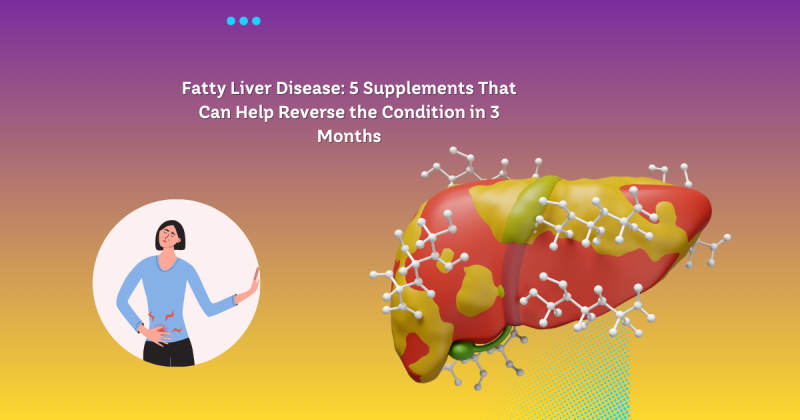

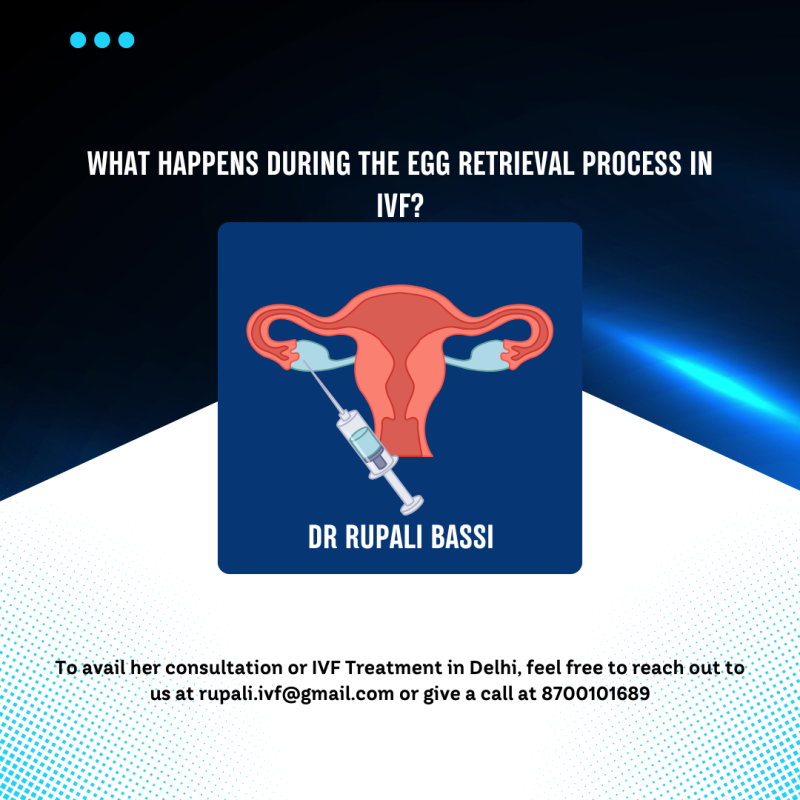

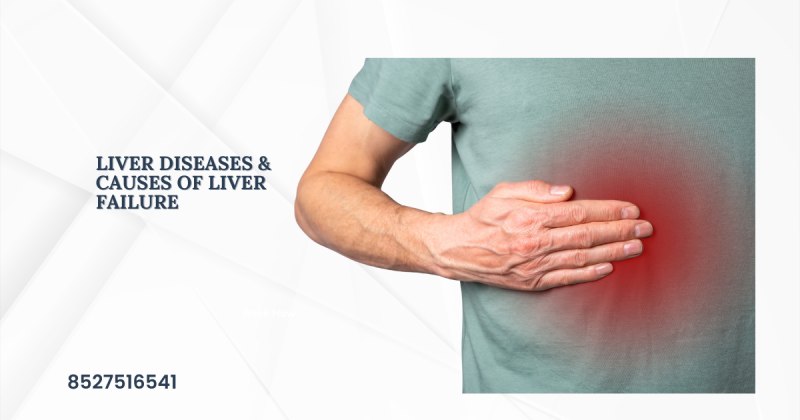
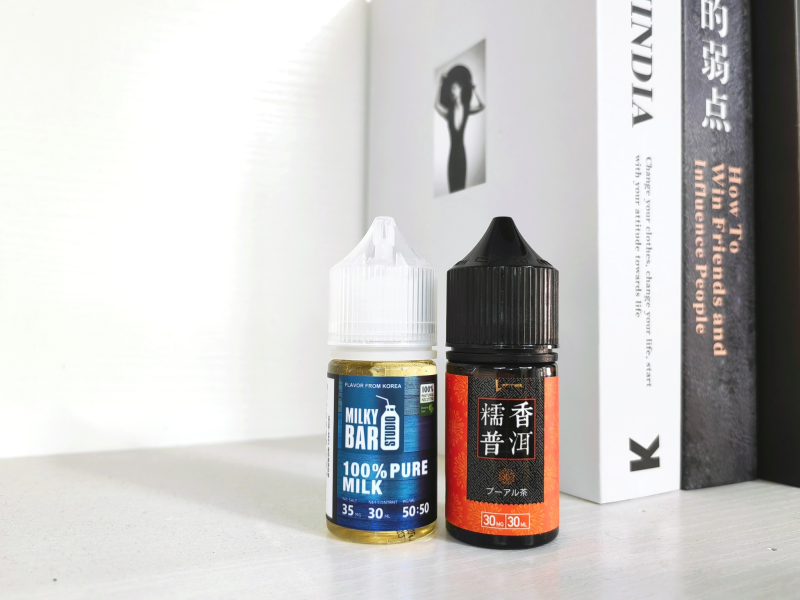
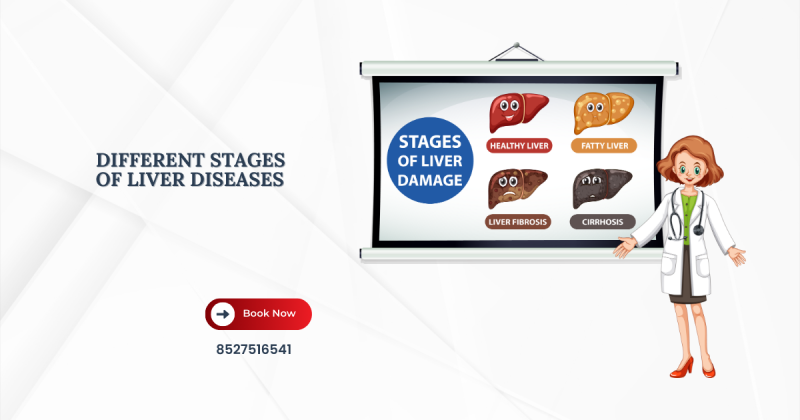

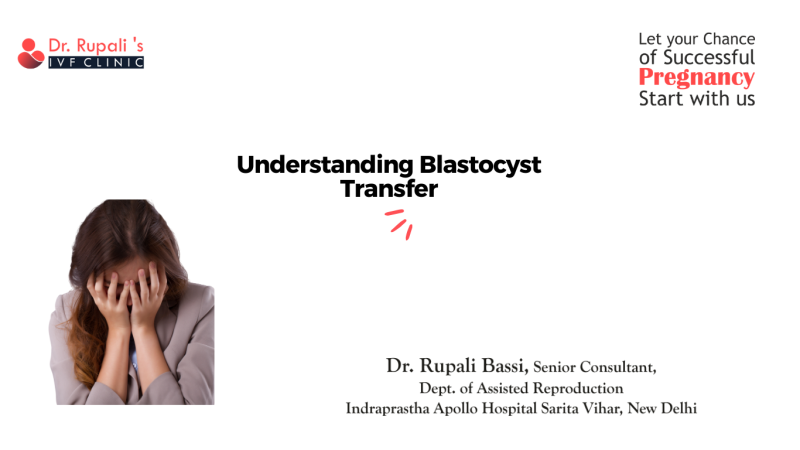



 Close Menu
Close Menu